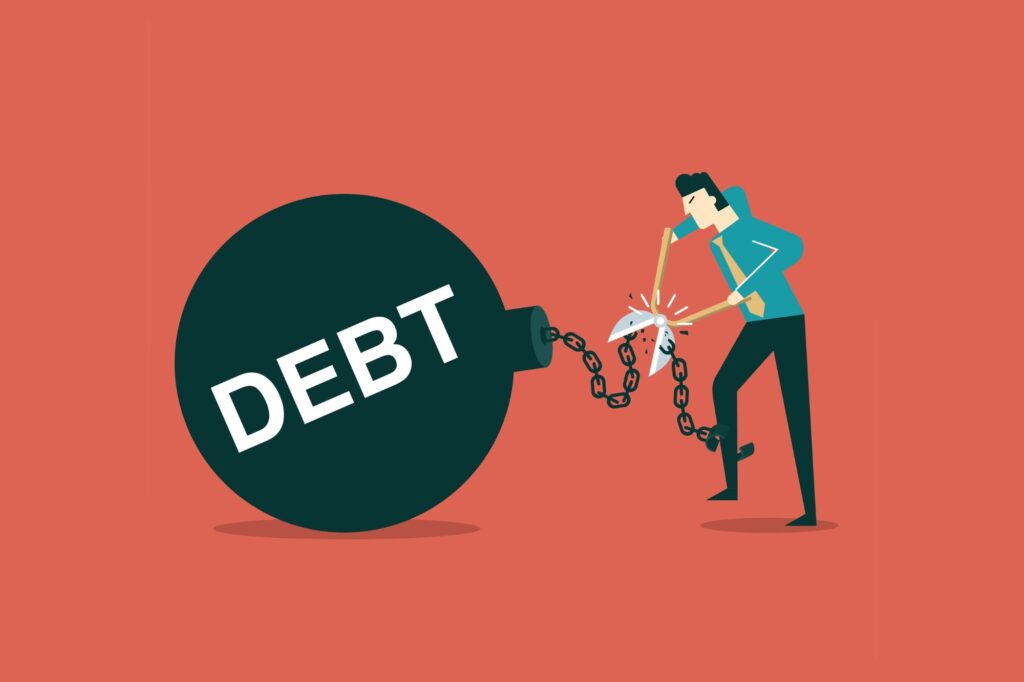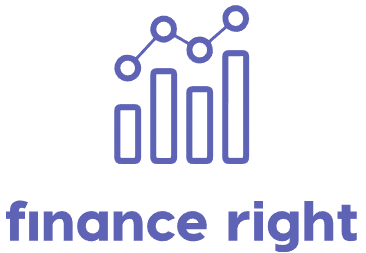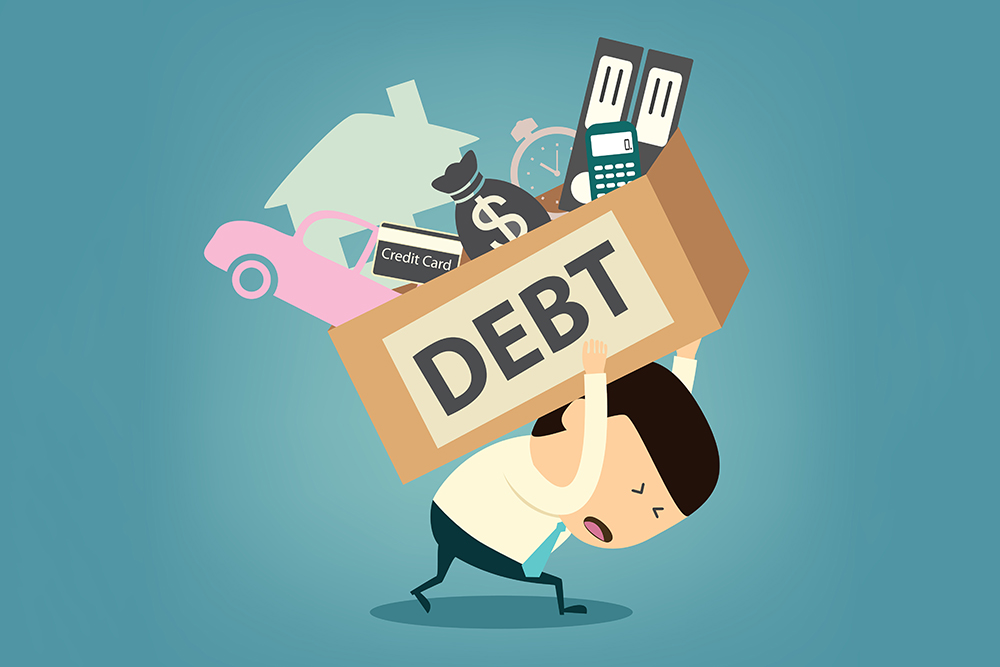Debt can be a heavy burden, weighing down your finances, limiting your options, and impeding your journey toward financial freedom. Yet, with the right strategies and mindset, it’s possible to regain control, reduce debt, and ultimately eliminate it from your life. Let’s explore some effective debt management strategies to help you tackle debt head-on and pave the way toward a debt-free future.
- Facing Reality:
The first step in debt management is facing reality and acknowledging the full extent of your debt. Take an inventory of all your debts, including credit cards, loans, mortgages, and any other outstanding balances. Record the total amount owed, interest rates, minimum monthly payments, and due dates for each debt to gain clarity on your financial situation and prioritize your debt repayment strategy.
- Creating a Budget:
A budget is a powerful tool for debt management, providing a roadmap for managing income and expenses and allocating resources toward debt repayment. Create a realistic budget that outlines your monthly income, fixed expenses, variable expenses, and debt repayment goals. Identify areas where you can cut costs, reduce discretionary spending, and reallocate funds toward debt repayment to accelerate progress and achieve your financial goals sooner.
- Prioritizing Debt Repayment:
Not all debts are created equal, and prioritizing debt repayment can help you focus your efforts and resources on the debts that matter most. Start by tackling high-interest debts first, such as credit card debt or payday loans, which tend to accrue the most interest and cost you the most in the long run. Consider using the debt snowball or debt avalanche method to prioritize debts based on interest rates or balances and systematically pay them off one by one.
- Negotiating with Creditors:
Don’t hesitate to reach out to your creditors to explore options for debt relief or repayment assistance. Negotiate with creditors to lower interest rates, waive fees, extend payment deadlines, or negotiate settlement agreements to reduce the total amount owed and make debt repayment more manageable. Be proactive, honest, and transparent about your financial situation, and seek mutually beneficial solutions that satisfy both parties and help you make progress toward debt elimination.
- Consolidating Debt:
Debt consolidation can be an effective strategy for simplifying debt repayment and lowering interest costs by combining multiple debts into a single loan with a lower interest rate. Consider consolidating high-interest debts into a personal loan, home equity loan, or balance transfer credit card with a lower interest rate and more favorable terms. Be mindful of any fees, closing costs, or introductory rates associated with debt consolidation and weigh the pros and cons before proceeding.
- Staying Disciplined and Motivated:
Debt management requires discipline, perseverance, and a long-term commitment to your financial goals. Stay motivated by celebrating small victories along the way, tracking your progress, and visualizing the benefits of debt-free living. Surround yourself with a supportive network of friends, family, or financial advisors who can provide encouragement, accountability, and guidance as you work toward debt reduction and elimination.
- Avoiding Future Debt:
Once you’ve made progress in reducing debt, it’s essential to avoid falling back into old habits and accumulating new debt. Adopt healthy financial habits, such as living within your means, budgeting wisely, and practicing mindful spending. Build an emergency fund to cover unexpected expenses and create a buffer against future financial setbacks. Consider using cash or debit cards for purchases instead of credit cards to avoid temptation and stay on track toward your financial goals.

In conclusion, debt management is a journey that requires patience, discipline, and perseverance, but the rewards of financial freedom and peace of mind are well worth the effort. By facing reality, creating a budget, prioritizing debt repayment, negotiating with creditors, consolidating debt, staying disciplined and motivated, and avoiding future debt, you can take control of your finances, reduce debt, and ultimately eliminate it from your life. Remember, every step you take toward debt reduction brings you closer to a brighter, debt-free future filled with possibilities and financial well-being.





